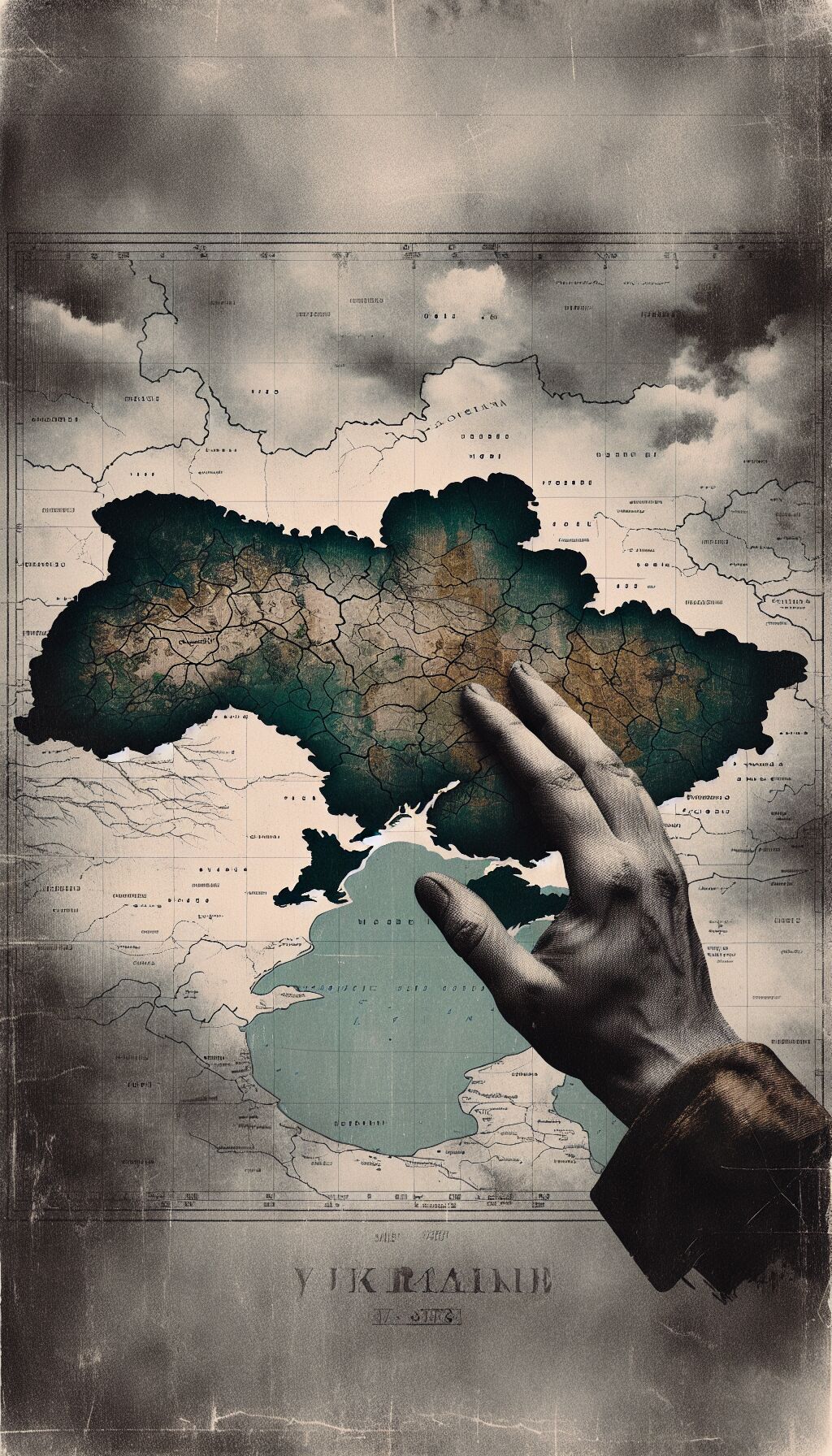NATO’s Strategic Challenges: Ukraine at the Forefront
On Wednesday at NATO headquarters in Belgium, U.S. Secretary of Defense Pete Hegseth addressed members of the Ukraine Defense Contact Group, offering a sobering assessment of the current geopolitical landscape. Hegseth emphasized that returning Ukraine to its pre-2014 borders is an “unrealistic objective,” a statement encapsulating the immense complexities facing NATO allies as they navigate the ongoing conflict between Ukraine and Russia.
U.S. Focus Amid Global Tensions
Hegseth elaborated on the shifting priorities of the United States, stating, “stark strategic realities prevent the United States from being primarily focused on the security of Europe.” This assertion is grounded in the U.S.’s need to “secure our own borders” while also addressing the increasing assertiveness of China in the Pacific. He underscored that U.S. resources and attention are being redirected to gauge threats from Beijing, complicating NATO’s collective focus on European security.
As the war in Ukraine approaches its third anniversary, Hegseth reiterated President Donald Trump’s commitment to seeking a peaceful resolution. “President Trump has been clear with the American people—and with many of your leaders—that stopping the fighting and reaching an enduring peace is a top priority,” he stated. Hegseth highlighted that diplomacy would play a crucial role in this effort, aiming to bring both Russia and Ukraine to the negotiation table.
The Path to Peace: Recognizing Limitations
During his remarks, Hegseth made it clear that aiming for a complete restoration of Ukraine’s borders as they were prior to 2014 is not a viable goal. He warned that “chasing this illusionary goal will only prolong the war and cause more suffering.” Instead, he advocated for a more pragmatic approach focused on ensuring a “sovereign and prosperous Ukraine.”
A significant point made by Hegseth was the necessity of robust security guarantees as part of any peace deal. He stated, “A durable peace for Ukraine must include robust security guarantees to ensure that the war will not begin again.” However, he expressed skepticism about Ukraine’s potential NATO membership as a negotiated settlement outcome. Instead, he posited that any security guarantees would need to be underpinned by the presence of capable European and non-European troops, potentially deployed as peacekeepers.
The Role of International Forces
Hegseth emphasized that should these peacekeeping troops be sent to Ukraine, it would be essential they operate outside of NATO’s Article 5 obligations, which would implicate collective defense. “There also must be robust international oversight of the line of contact,” he added, clarifying that “to be clear, as part of any security guarantee, there will not be U.S. troops deployed to Ukraine.”
This conditionality reflects the U.S. administration’s cautious stance toward direct military involvement, aligning with broader sentiments expressed by NATO members regarding the current geopolitical landscape.
Insights from Trump on Peace Progress
In parallel discussions, President Trump, during an interview with Fox News’ Bret Baier, remarked on significant strides made toward a comprehensive peace deal between Ukraine and Russia. “They have tremendously valuable land in terms of rare earth, in terms of oil and gas,” he noted, framing the situation in practical economic terms. Trump’s comments evoked discussions about securing American financial interests while navigating the complex geopolitical terrain.
Trump stressed the importance of reciprocity in financial contributions: “We can’t continue to pay this money.” He outlined an expectation for Ukraine to deliver resources equivalent to its economic needs, specifically mentioning a figure of “like 0 billion worth of rare earth.” This focus underscores the tension between humanitarian considerations and national economic interests in the ongoing negotiations.
Zelenskyy’s View on Security Guarantees
Ukrainian President Volodymyr Zelenskyy has also weighed in on the dialogue surrounding security arrangements. In an interview with The Guardian, he countered proposals that suggest Europe could provide security guarantees independent of U.S. involvement. “Security guarantees without America are not real security guarantees,” he asserted, reinforcing the notion that U.S. support remains crucial for Ukraine’s future stability.
Strategic Realities for NATO and the U.S.
Reflecting on the broader implications for NATO, Hegseth reiterated that the U.S. is prioritizing its own national interests amid mounting global threats. “The United States faces consequential threats to our homeland,” he noted. As such, the administration is grappling with “securing our own borders” while attempting to manage ongoing commitments in Europe. The rise of China as a significant geopolitical competitor adds another layer of complexity to U.S. foreign policy decisions.
As the U.S. adjusts its strategic focus, it signals to European allies a need for them to “lead from the front” in addressing regional security challenges. Hegseth’s statements indicate a call for European nations to assume a more proactive role in collective defense efforts, particularly as the U.S. reallocates resources toward countering challenges posed by China.
Conclusion: The Long Road to Peace
As the war in Ukraine continues, the path to a lasting peace remains fraught with challenges. With diverging interests among allies, economic considerations, and the need for robust security guarantees, upcoming negotiations will require deft diplomacy. Secretary Hegseth’s visit and the events at NATO underscore the complexities of navigating a conflict that has far-reaching implications not only for Ukraine but for global security as a whole.












